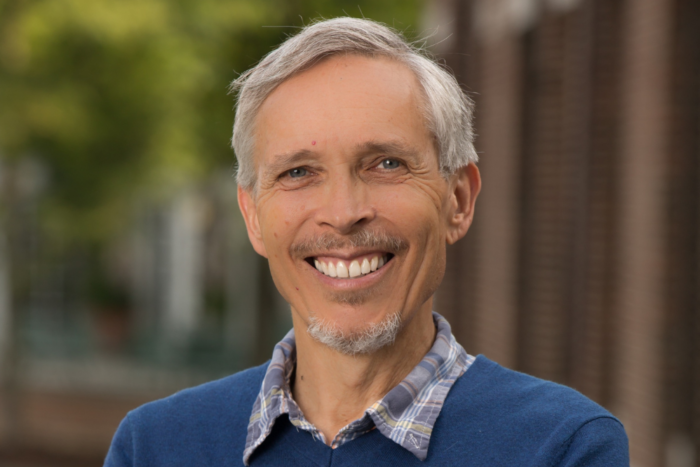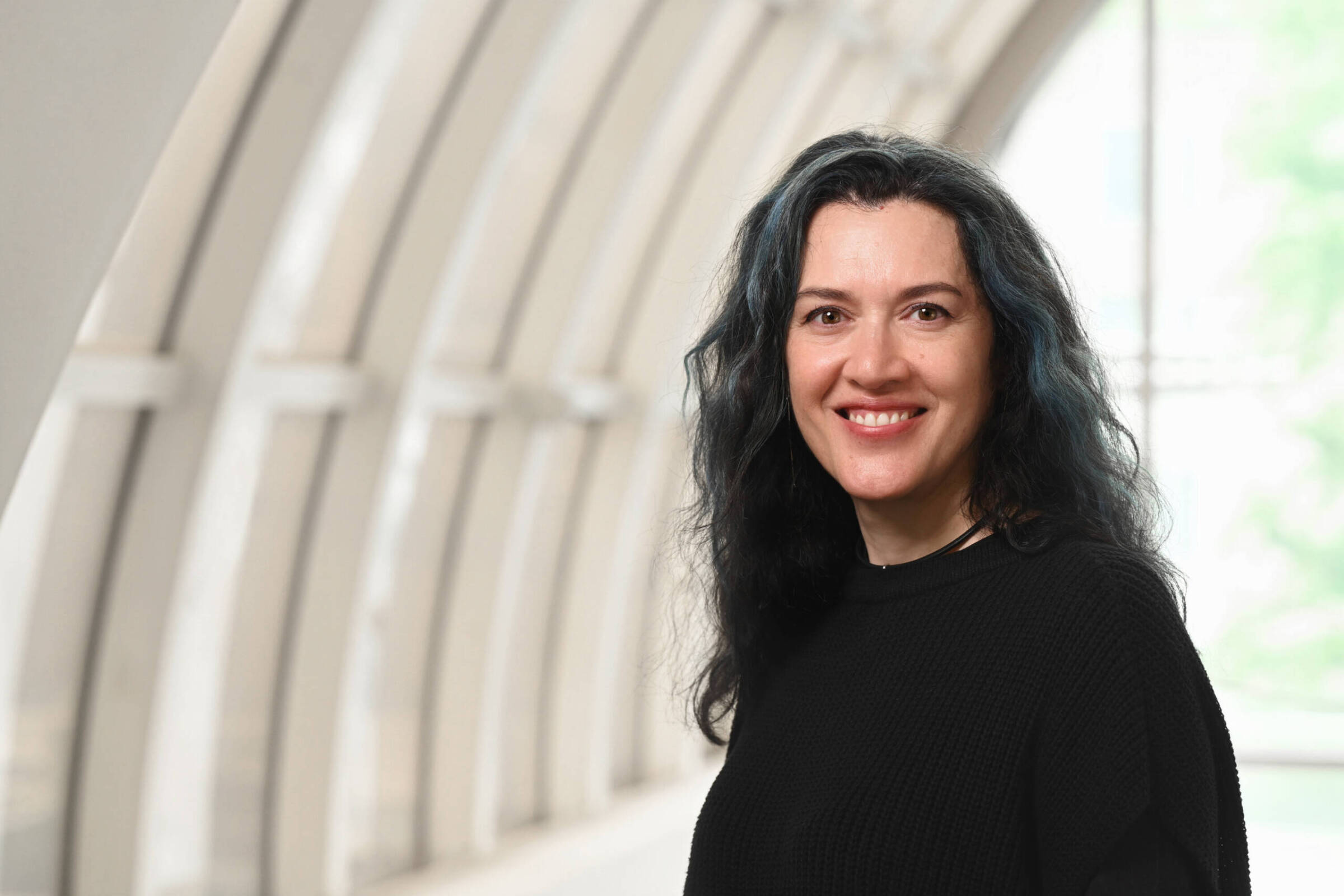Nicole Bowles
 Nicole Bowles
Nicole Bowles
Presented by Bruce S. McEwen
B.A., New York University
Cannabinoid CB1R Receptor Mediates Metabolic Syndrome in Models of Circadian and Glucocorticoid Dysregulation
Nicole Bowles graduated from New York University in May 2008 with a B.S. in chemistry and minor in math.
Prior to coming to Rockefeller, Nicole had worked as a summer researcher at the University of Pennsylvania and then the Joslin Diabetes Center, and the next year at Merck Pharmaceuticals, and finally, after graduating from NYU, at the Mount Sinai department of pharmacology, studying endocannabinoids.
Endocannabinoids are the body’s own chemicals that are the reason it responds to marijuana, and they are increasingly recognized as having many important functions in the brain and throughout the body. (A parallel example: endogenous opioids are the reason the body responds to painkilling and addictive opioids.) Matt Hill and Ilia Karatsoreos were postdoctoral members of my lab at the time she joined it with interests in endocannabinoids and circadian clocks, respectively, as part of our ongoing work on stress effects on the brain and body. Nicole officially joined our laboratory in spring of 2009. Along with her past work and interests and advice from Matt and Ilia, this led to her thesis, titled Cannabinoid CB1R Receptor Mediates Metabolic Syndrome in Models of Circadian and Glucocorticoid Dysregulation.
So what did Nicole find?
Our stress hormones and the body’s own biological clocks play a key role in metabolism and regulation of body weight, and Nicole’s thesis addressed how the stress hormone cortisol and disruption of the normal daily biological rhythm regulated by those clocks contribute to obesity and metabolic syndrome. Nicole discovered that mice lacking the cannabinoid CB1 receptor were protected against all of these changes in metabolic function. Moreover, blocking the CB1 receptor, not only globally, but also through targeted peripheral inhibition, suggested that the endocannabinoid system mediates glucocorticoid induced metabolic syndrome not in the brain, but in the body itself.
In addition to her ambitious and successful laboratory work for her Ph.D. thesis that Nicole managed with great efficiency, she volunteers in a diverse array of community activities, in the United States and abroad, that are directed to helping overcome the effects of poverty, social inequality and discrimination.
Upon coming to Rockefeller, Nicole joined and soon became the cochair of our campus Student Pugwash, which examines the relationships between science and society and the common goal of ensuring that scientific research benefits humanity.
She has also applied this interest directly by volunteering to help individuals and families in her own neighborhoods of Philadelphia and New York, for example, through Meals on Wheels and events sponsored by New York Cares, including weekly tutoring at a public high school and preparation work for soup kitchens. And she has also used winter and spring breaks for Habitat for Humanity week-long construction projects in Virginia and North Carolina, along with a trip to New Orleans for the continual hurricane relief efforts. She used her two week vacation time in 2011 to travel to Peru and work on childhood education. Clearly Nicole is not only an excellent scientist but has an incredible social conscience and puts this into practice. Her next steps will be to continue in our laboratory as a postdoctoral fellow while pursuing a Master’s degree in epidemiology and public health across 68th Street at Weill Cornell Medical College.


